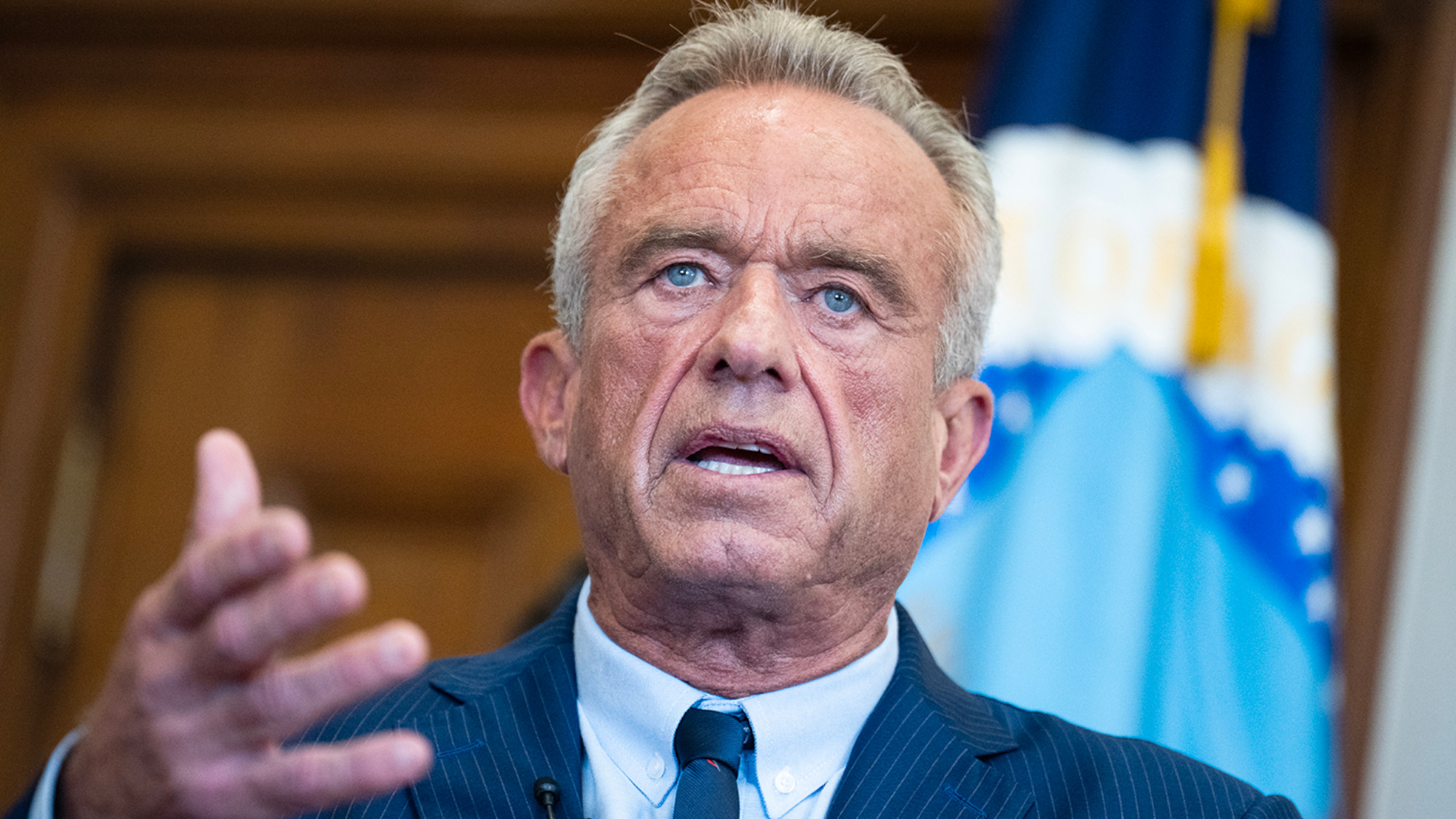Health: Will medical science survive RFK Jr.?
Robert F. Kennedy Jr. scrapped $500 million in mRNA vaccine research contracts

A free daily email with the biggest news stories of the day – and the best features from TheWeek.com
You are now subscribed
Your newsletter sign-up was successful
In hindsight, handing the reins of American public health to a "wholly unqualified anti-vaccine nutter" may have been a mistake, said Rex Huppke in USA Today. Taking a break from his campaigns to promote the recuperative powers of sunshine, raw milk, and beef tallow, Health and Human Services Secretary Robert F. Kennedy Jr. announced last week that he's canceling 22 contracts, worth a combined $500 million, for research into mRNA vaccines. First deployed during the pandemic by Moderna and Pfizer-BioNTech, mRNA shots instruct the body to produce a fragment of a virus, which then sparks an immune response within the body. That technology saved millions of lives and could soon yield treatments for diseases from malaria to type 1 diabetes and cancer. Explaining his decision, Kennedy said mRNA vaccines are ineffective at preventing upper respiratory infections—never mind that the Covid shots reduced hospitalization and death by 70% among immunized adults—and have caused "epidemics" of myocarditis, or inflammation of the heart, a claim not backed by data. At best, scrapping mRNA research is a "generational setback" for American science, said Devi Sridhar in The Guardian. But with avian flu "now just one mutation away" from human-to-human transmission, Kennedy may have robbed us all of a tool to fight the next pandemic.
Let's take a breath, said John Puri in National Review. MRNA vaccines are "the most phenomenal medical breakthrough of the 21st century." And the excitement around them means a few grant cancellations—worth about $23 million per program, or less than 3% of the average total cost of developing a vaccine—won't meaningfully impede private-sector research. But the threat to vaccine development is bigger than this cancellation, said Christina Pagel and Sheena Cruickshank in The Conversation. Kennedy has also fired independent vaccine advisers at the Centers for Disease Control; ordered reviews of childhood vaccines, which he claims—despite all scientific evidence to the contrary—cause autism; downplayed the threat of measles; and demanded enhanced clinical trials for all shots. Faced with this onslaught, vaccine makers are pulling back: Moderna in May nixed its application for a Covid-flu shot, "citing regulatory difficulties."
"Science itself, in the global sense, will be fine," said Ross Andersen in The Atlantic. But with Kennedy at HHS and the Trump administration slashing research funding across agencies, we're likely watching the end of America's run as a "techno-scientific superpower." A recent Nature survey found that 75% of U.S. scientists are thinking of moving their labs overseas. Who can blame them? said Céline Gounder in The New York Times. The same week RFK Jr. axed mRNA funding, a gunman who thought the Covid vaccine had caused his health woes shot up CDC headquarters in Atlanta, killing a police officer. Why would scientists stay in a country where they have "targets on their backs"?
The Week
Escape your echo chamber. Get the facts behind the news, plus analysis from multiple perspectives.

Sign up for The Week's Free Newsletters
From our morning news briefing to a weekly Good News Newsletter, get the best of The Week delivered directly to your inbox.
From our morning news briefing to a weekly Good News Newsletter, get the best of The Week delivered directly to your inbox.
Some on the MAGA right will tell you this anti-science backlash is all because "Anthony Fauci was too hectoring" during the pandemic, said Andrew Egger in The Bulwark, or because "Joe Biden was too heavy-handed with vaccine mandates." But Americans didn't turn against a vaccine technology that President Trump once hailed as a "medical miracle" and embrace Kennedy's quackery because of elite failure. "They did so because right-wing distrust for anything that feels 'official' is a suppurating wound on the body politic, and the infection has spread to the brain."
A free daily email with the biggest news stories of the day – and the best features from TheWeek.com